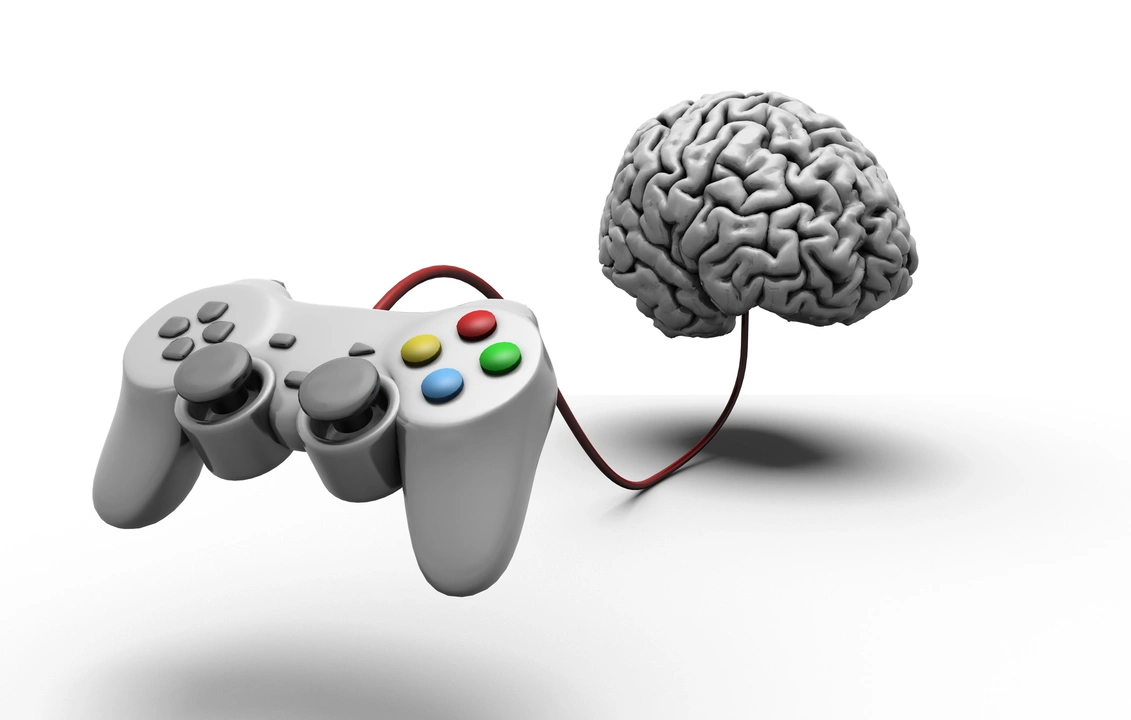Boosting Cognitive Skills
One of the most significant benefits of video games for kids is the enhancement of cognitive skills. When playing video games, children must think quickly and strategically to solve complex problems, navigate through challenging levels, and make split-second decisions that can have profound effects on the game's outcome. This type of mental exercise can help improve attention, memory, and problem-solving skills.
Furthermore, many video games require players to multitask and manage multiple variables at once, such as keeping track of their character's health, inventory, and position on the map, all while making decisions about how to progress through the game. This type of cognitive juggling can help kids develop better executive functioning skills, which are essential for success in school and life.
Encouraging Social Interaction
Contrary to the stereotype of the solitary gamer, many video games actually encourage social interaction and collaboration. With the rise of online gaming, kids can now connect with friends and even strangers from around the world to work together towards a common goal, share strategies, and engage in friendly competition. This can help children develop essential communication and teamwork skills that will serve them well in their personal and professional lives.
Additionally, video games can serve as an icebreaker and common interest for kids who may struggle with social situations, helping them bond with their peers and build friendships based on shared hobbies and experiences.
Developing Emotional Resilience
Video games can also help children develop emotional resilience by teaching them how to cope with failures and setbacks. In most games, losing is an inevitable part of the experience, and players must learn how to bounce back and try again after each defeat. This can help kids develop a growth mindset, as they come to understand that success is often the result of persistence and practice.
Moreover, video games can provide a safe space for kids to experience and process a range of emotions, from frustration and disappointment to excitement and triumph. Learning how to manage these emotions in a virtual environment can help children build emotional resilience that will serve them well in the real world.
Promoting Creativity and Imagination
Video games can also be a powerful tool for fostering creativity and imagination in children. Many games, particularly those in the sandbox or open-world genre, offer players the freedom to explore, experiment, and create their own unique experiences within the game's virtual environment. This type of unstructured play can help kids develop their creative thinking skills, as they are encouraged to think outside the box and come up with innovative solutions to the challenges they encounter.
Additionally, some video games allow players to create their own content, such as custom levels or characters, further encouraging artistic expression and creativity.
Improving Hand-Eye Coordination and Fine Motor Skills
Playing video games can also help kids develop better hand-eye coordination and fine motor skills. Many games require precise timing and coordination to perform complex in-game actions, such as jumping from platform to platform or aiming and shooting at a moving target. This type of practice can help children refine their motor skills and improve their overall dexterity.
Furthermore, research has shown that gamers tend to have better visuospatial skills than non-gamers, meaning they are better at mentally manipulating objects and understanding the relationships between them. This skill can be particularly useful in fields such as engineering, architecture, and design.
Enhancing Learning and Educational Opportunities
Last but not least, video games can be a valuable tool for enhancing learning and educational opportunities for kids. Many educational games are designed specifically to teach children important concepts in subjects such as math, science, and language arts, all while keeping them engaged and entertained. These games can help reinforce classroom learning and make challenging subjects more accessible and enjoyable for kids who may struggle with traditional teaching methods.
Moreover, even games that are not explicitly educational can still provide opportunities for learning, as players must often research and acquire new skills to progress through the game. This type of self-directed learning can help children develop a love of learning and a curiosity about the world around them.
